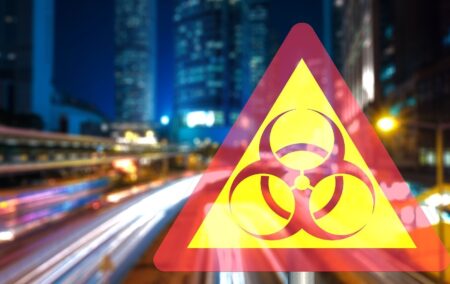Infection in South Africa from Covid-19 is likely to reach its high point in September; this is according to the Department of Health.
In a presentation to Parliament, acting director-general, Anban Pillay, said that without the preventative measures, the peak would have come in July. This delay was buying the country time to prepare for an influx of infected people into hospitals.
The country could see cases rising into the millions in a ‘worst-case scenario’, with Gauteng and KwaZulu-Natal being especially hard hit.
Concerningly, South Africa lacks the resources that may be needed to deal with the pandemic. Public and private institutions together have some 3 216 ventilators, against 7 000 that may be needed. The country has just short of 5 000 critical care beds in hospitals, but might need as many as 14 700.
However, South Africa was seeing a ‘flatter’ infection curve than that in other countries.
Meanwhile, the chairperson of South Africa’s Covid-19 Ministerial Advisory Committee, Professor Salim Abdool Karim, said that South Africa’s lockdown measures appear to have been successful in countering the spread of the virus. South Africa’s numbers were ‘unique’, but this could probably not continue indefinitely.
‘We probably cannot escape the exponential curve [leading to a rapid increase in cases] but the lockdown has bought us time. We cannot end lockdown abruptly. It will undo all we have achieved,’ he remarked in a briefing carried on Zoom.
He proposed a phased loosening of the lockdown, continued monitoring of the potential for spread, and ensuring that the medical response was up to the task. It was important to keep up vigilance.
‘You need people on the ground that are looking for fires,’ Prof Karim said, ‘If we see one, we can prevent it. If we get there too late, then we have to put out a raging fire. We are going to try and stay one step ahead of the viral spread. It is a tall order. We are not going to wait for patients to come to hospital.’

